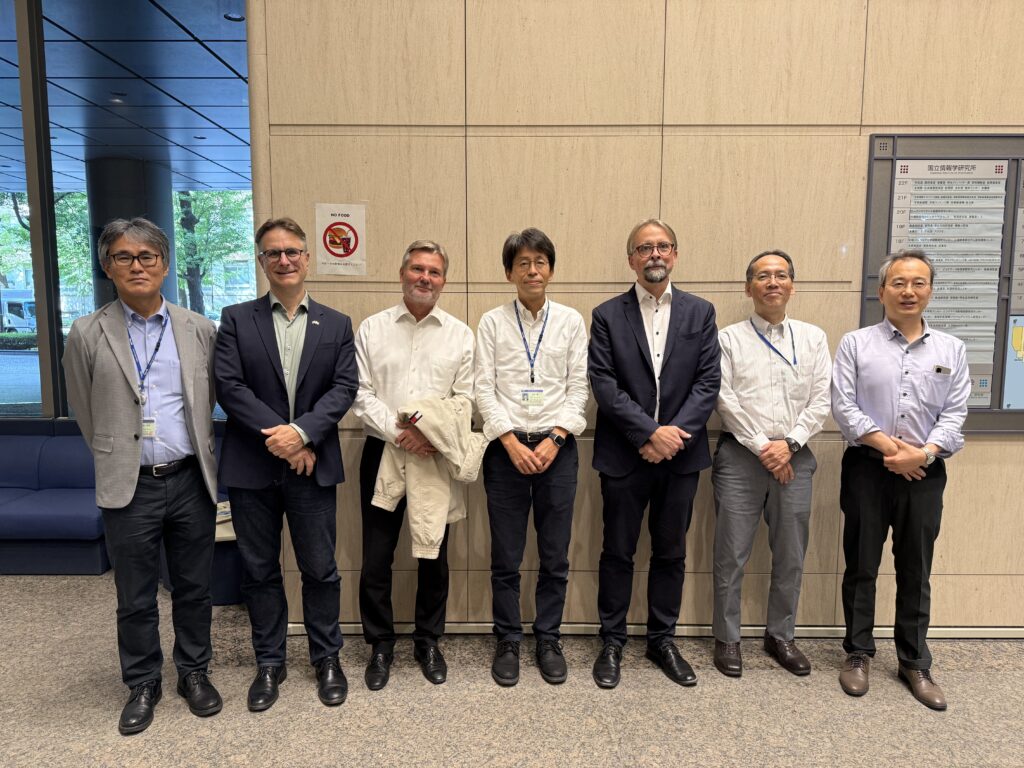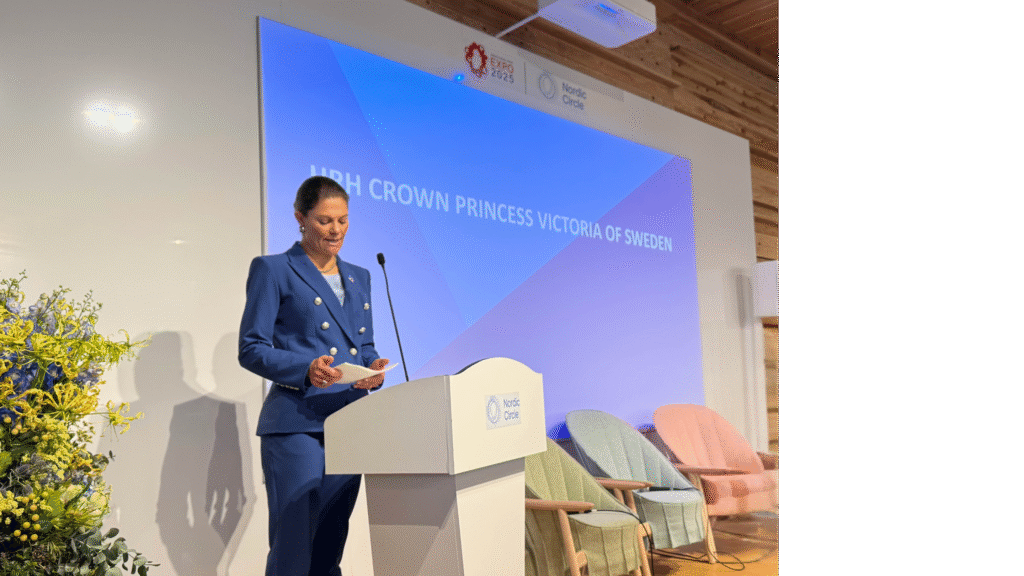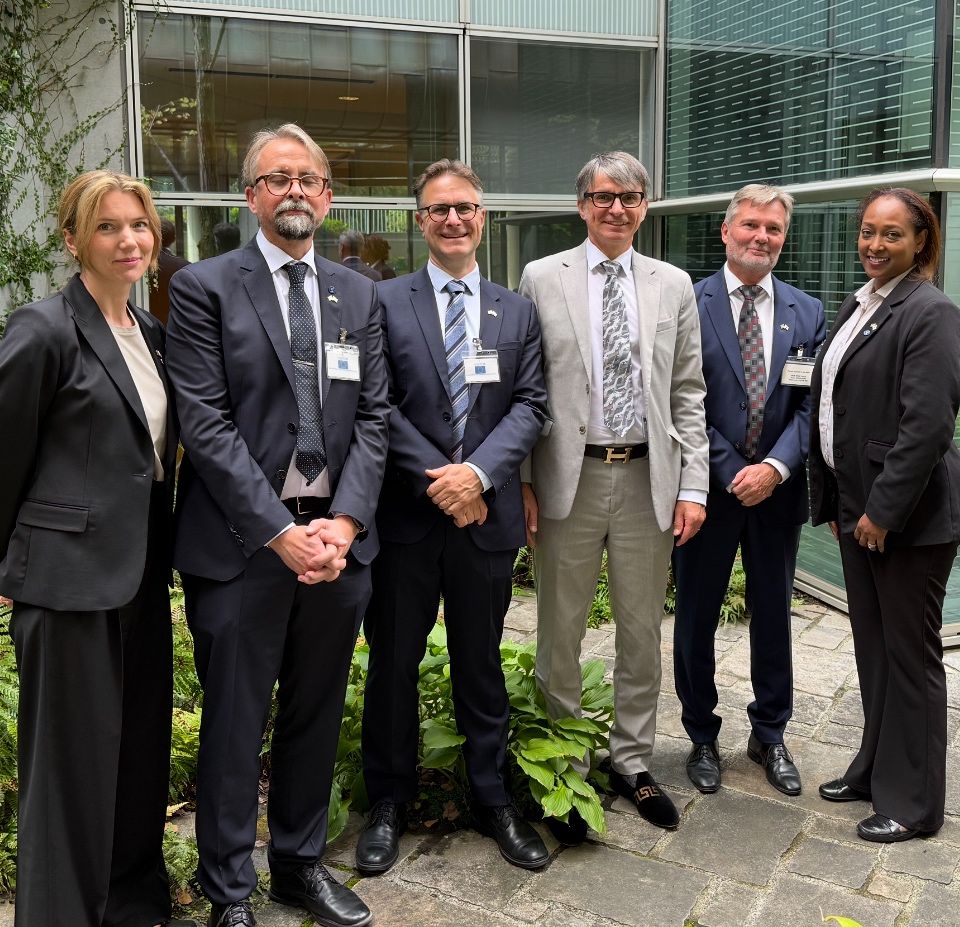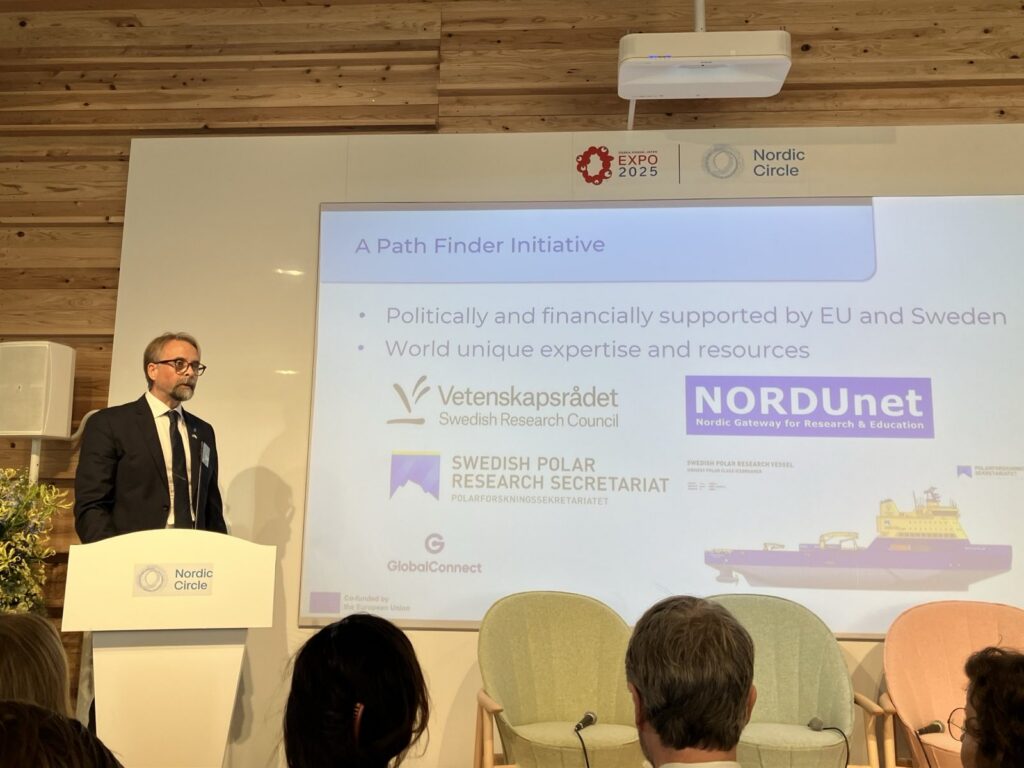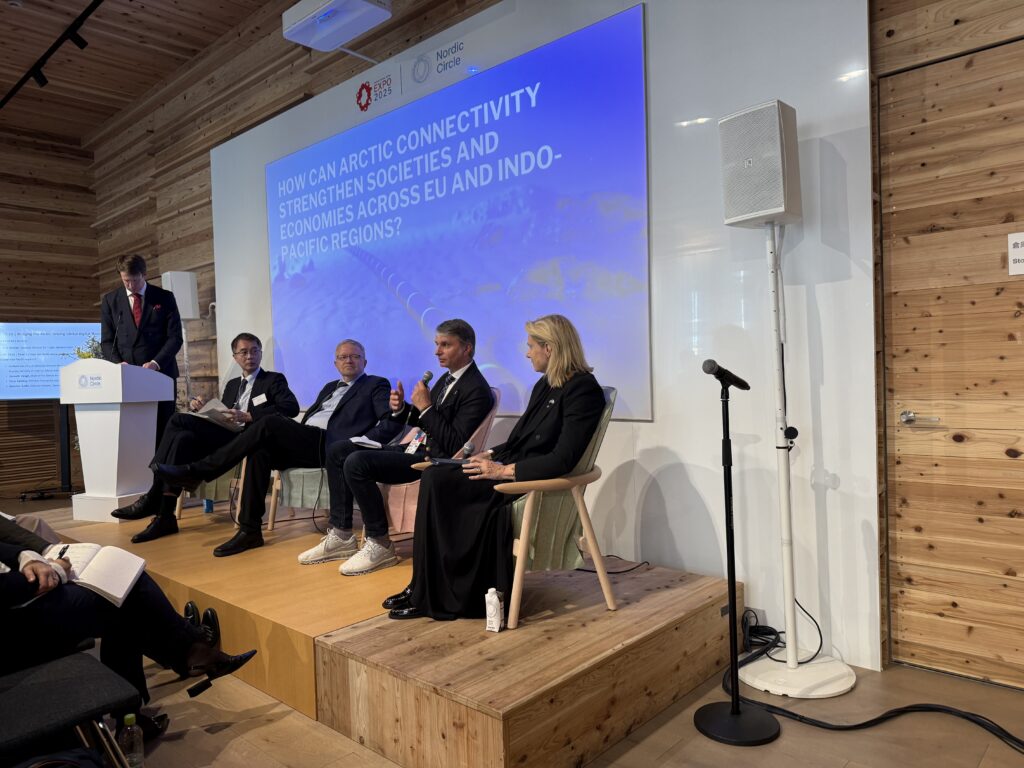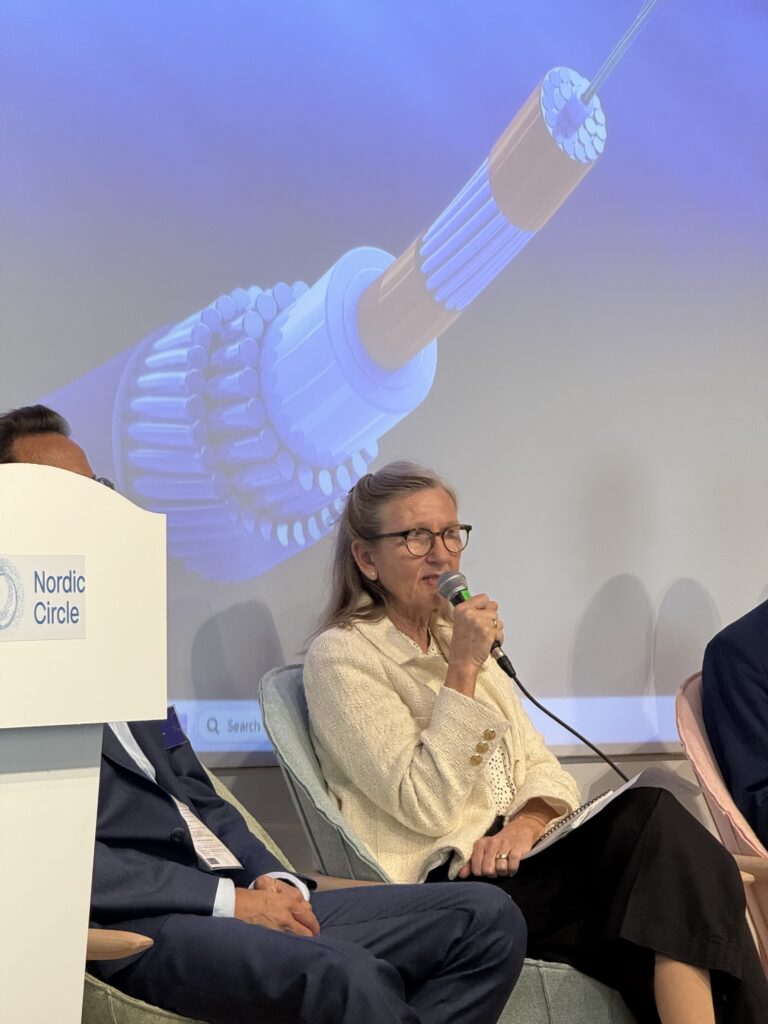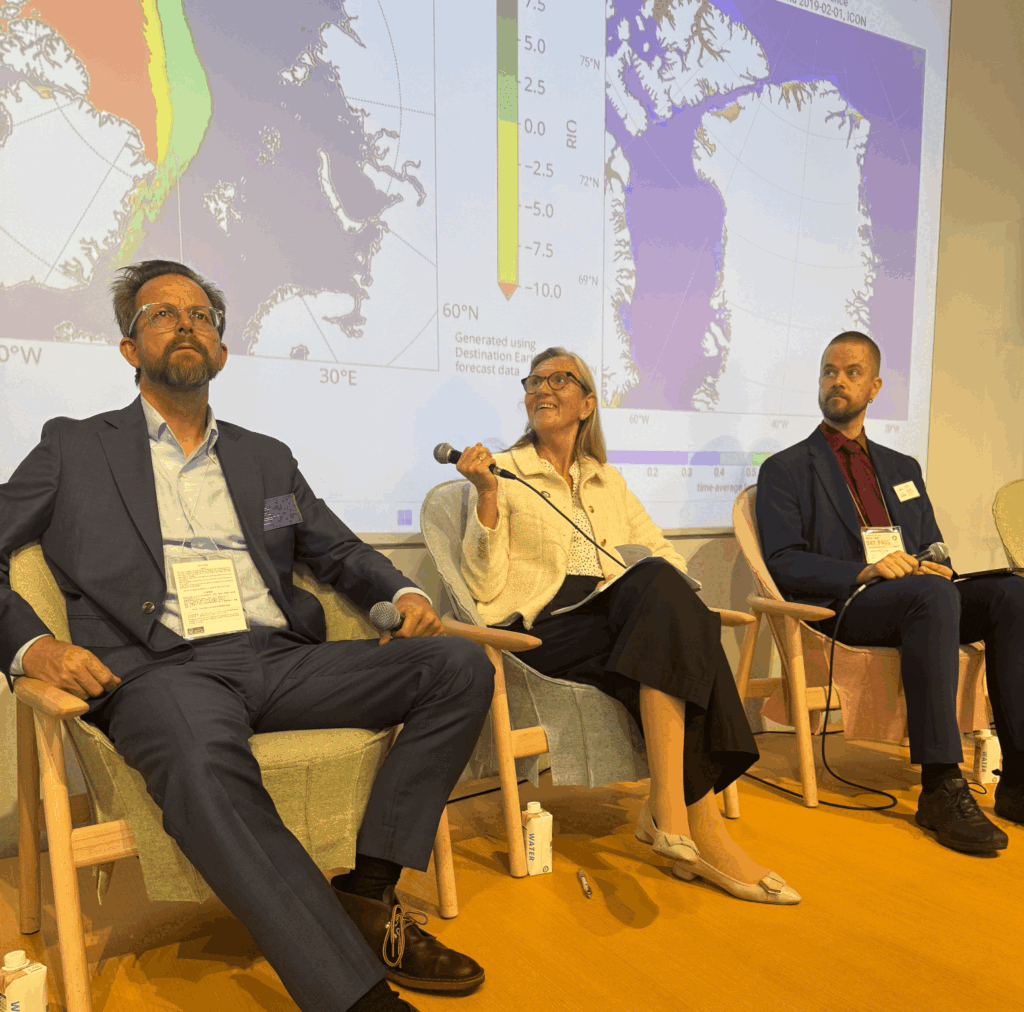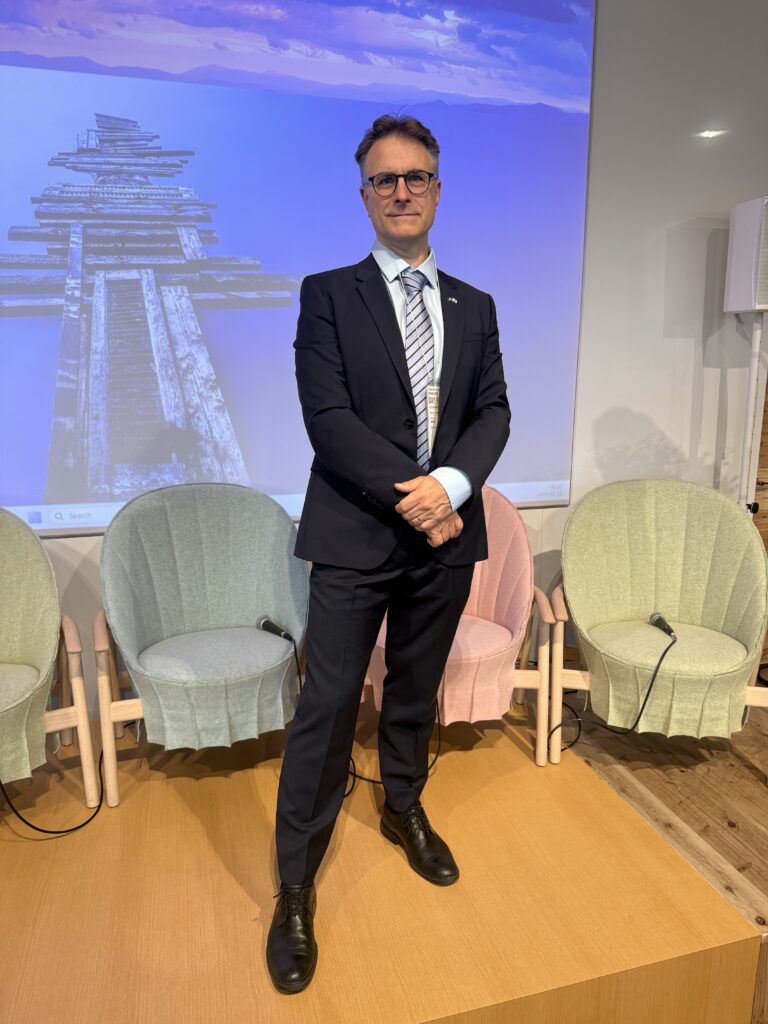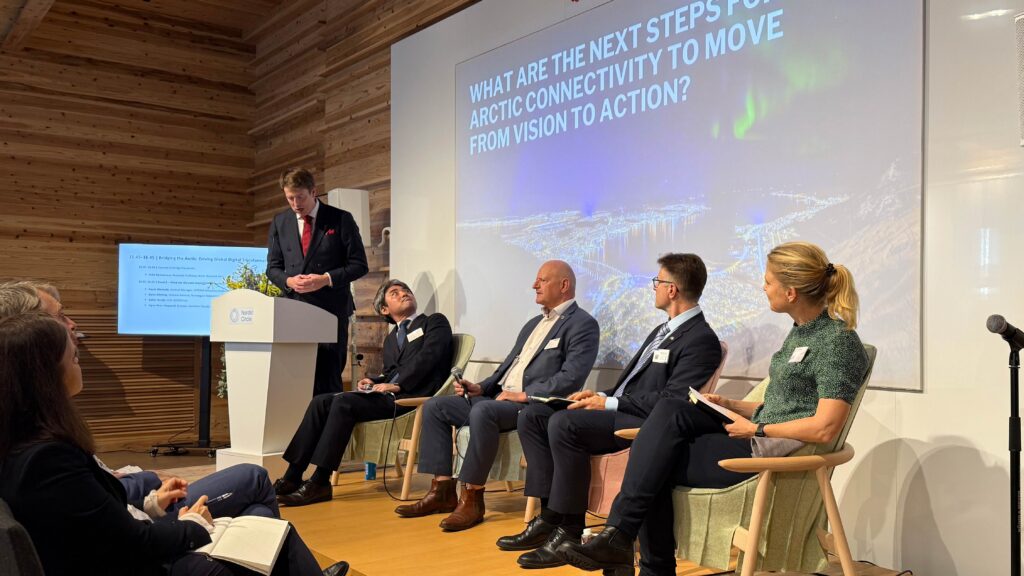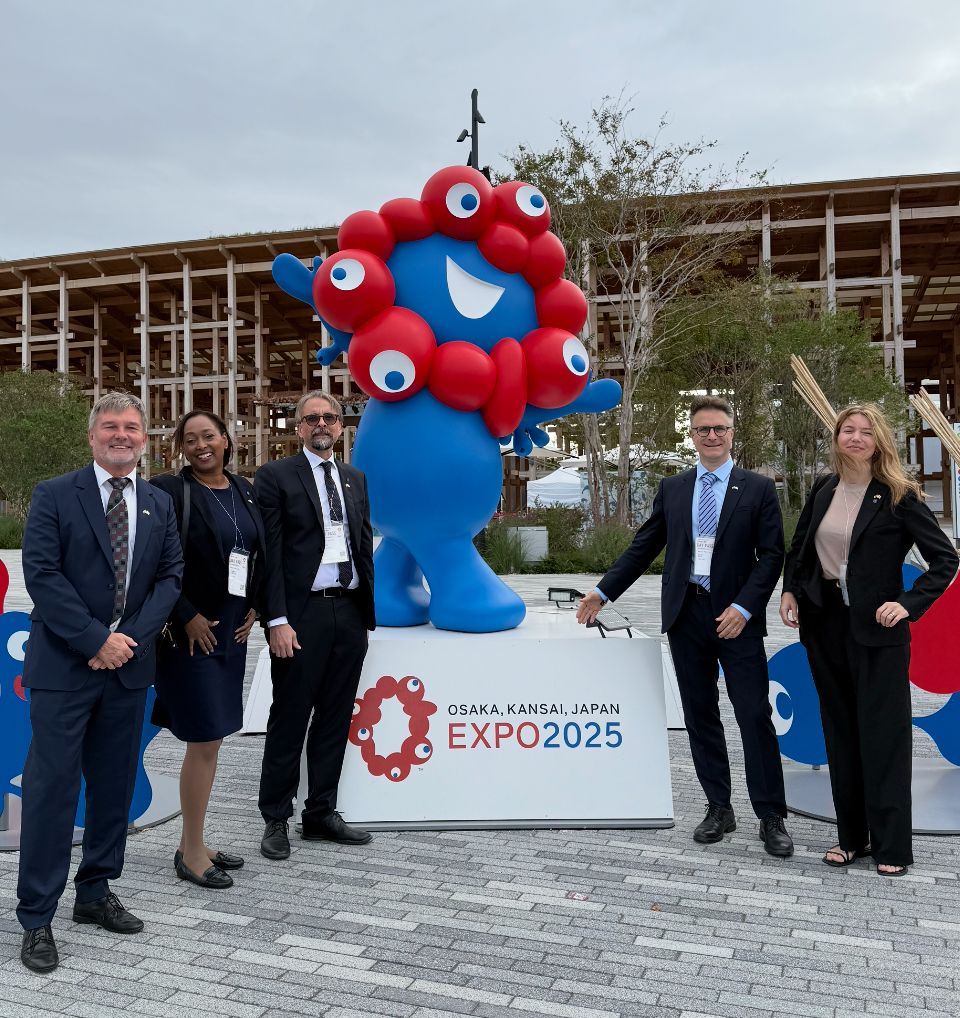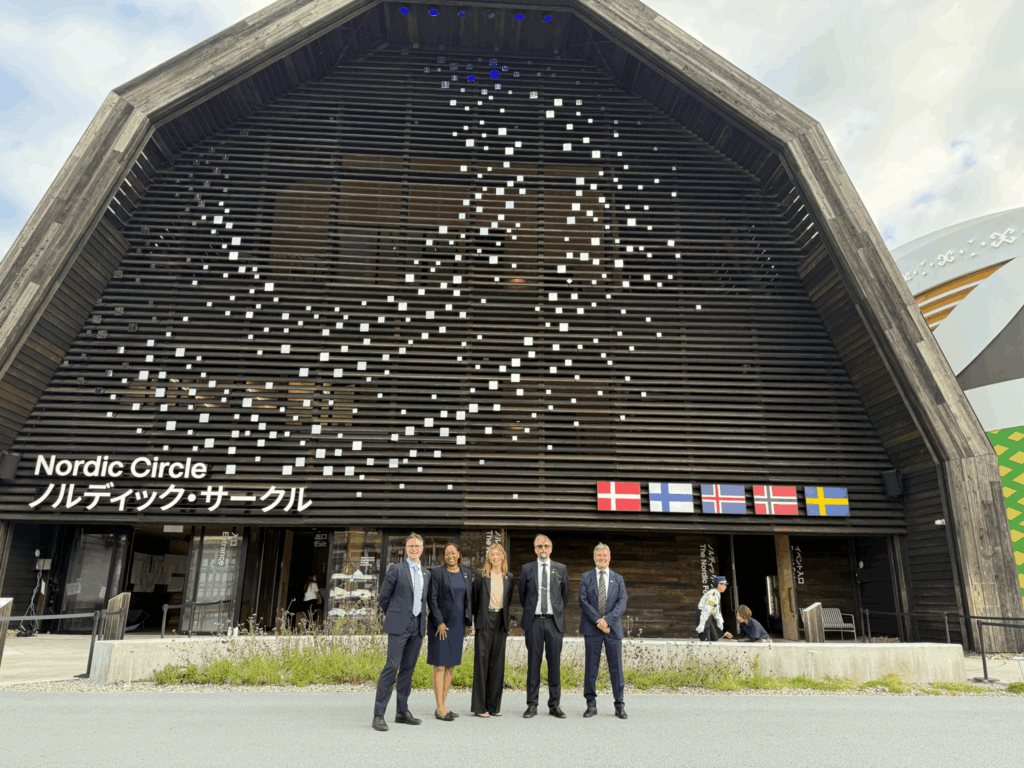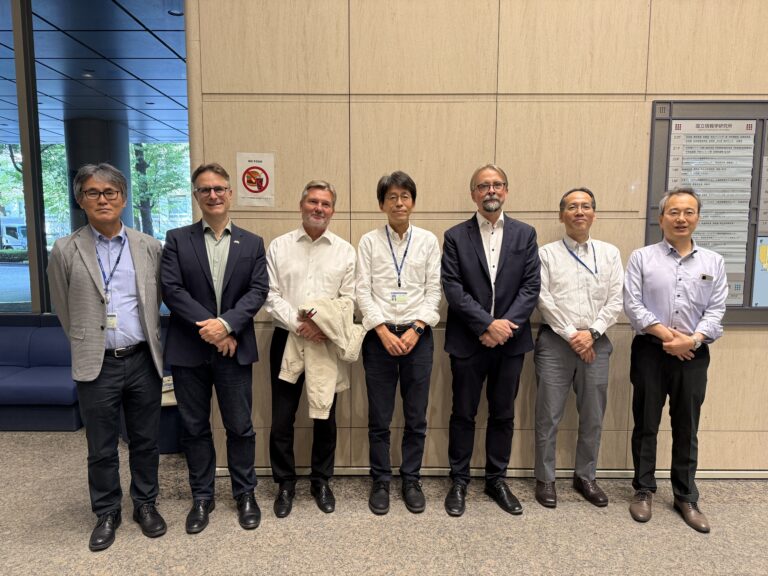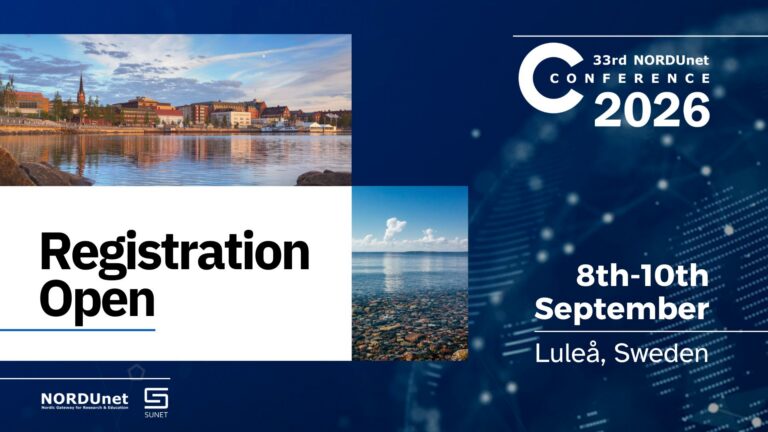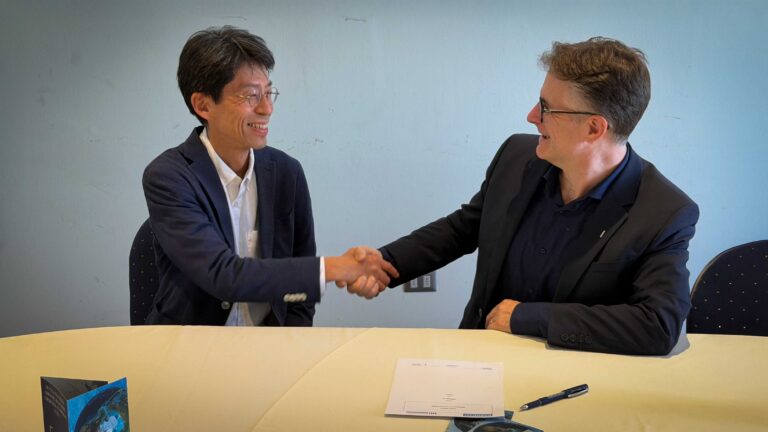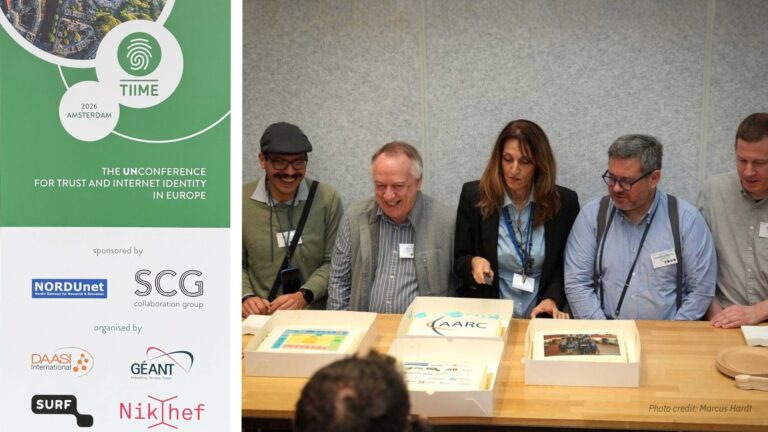Advancing Arctic Connectivity and International Collaboration
On 11 October 2025, NORDUnet joined Nordic and Japanese partners at Arctic Day, hosted by the Nordic Pavilion during World Expo 2025 in Osaka, Japan.
The event brought together ministers, policymakers, researchers, and technology leaders to discuss the future of the Arctic, focusing on research, digitalization, and connectivity between Northern Europe and East Asia.
Arctic Day was formally opened by H.R.H. Crown Princess Victoria of Sweden, followed by remarks from Anders Adlercreutz, Finnish Minister for Education and Nordic Cooperation and President of the Nordic Council of Ministers, and Karen Ellemann, Secretary General of the Nordic Council of Ministers.
Their introductions highlighted the shared commitment among the Nordic countries and Japan to sustainable development, innovation, and the creation of resilient digital infrastructure for the Arctic region.
Bridging Regions Through Dialogue
Several Japanese representatives also contributed to the day’s discussions.
IRIE Akifuma, Deputy Director-General for International Economic Affairs at Japan’s Ministry of Internal Affairs and Communications (MIC), underlined the importance of the EU–Japan partnership and reaffirmed that safe, reliable connectivity is a national priority in Japan’s digital strategy.
MATSUDA Naoki, General Director of Arteria Networks Corporation, shared perspectives on Arctic connectivity from a commercial and infrastructure point of view, highlighting the mutual benefits of trans-Arctic collaboration.
NORDUnet’s Role in the Programme
In the final session, “What are the next steps for Arctic connectivity to move from vision to action?”, Valter Nordh, CEO of NORDUnet, joined Björn Rønning, Director General of the Norwegian Datacenter, and Signe Ravn-Højgaard, Director of Northern Clouds at the Digital Infrastructure Think Tank**, for a discussion moderated by Mads Qvist Frederiksen, Executive Director of the Arctic Economic Council.
During the panel, Valter Nordh emphasized what is required to move Polar Connect from concept to reality, including stronger political commitment, financial frameworks, and international partnerships.
He noted that the Arctic route is more than an infrastructure project; it is a strategic asset that can enhance EU–Japan cooperation, strengthen network resilience, and support global digital sovereignty.
Strengthening Cooperation Through Bilateral Meetings
Beyond Arctic Day, the NORDUnet delegation, including Valter Nordh, Jørgen Qvist, and Per Nihlén, held several bilateral meetings in Tokyo and Osaka with Japanese counterparts, such as the National Institute of Informatics (NII), along with government representatives and private-sector partners.
The discussions explored how Polar Connect could improve research connectivity between Japan and Europe and the importance of joint investment in strengthening the resilience of global networks.
These meetings reinforced a shared vision among Nordic, EU, and Japanese stakeholders that long-term commitment and public–private cooperation are essential to achieving sustainable digital connections across the Arctic.
A Shared Vision for the Future
As Peter Fatelnig, Minister Counsellor for Digital Economy Policy at the Delegation of the European Union to Japan, concluded during the event, the Nordic countries and Japan share a common understanding of future needs.
With a life span extending from 2030 to 2060, the Polar Connect project is designed to anticipate and meet future demands for secure, resilient data transfer.
NORDUnet’s participation in Arctic Day strengthened its collaboration with partners from Sunet, the Swedish Research Council, and the Swedish Polar Research Secretariat, reinforcing its commitment to advancing the Polar Connect initiative.
Together, these partners continue to work toward a connected and resilient Arctic, supporting science, innovation, and sustainable digital growth.
